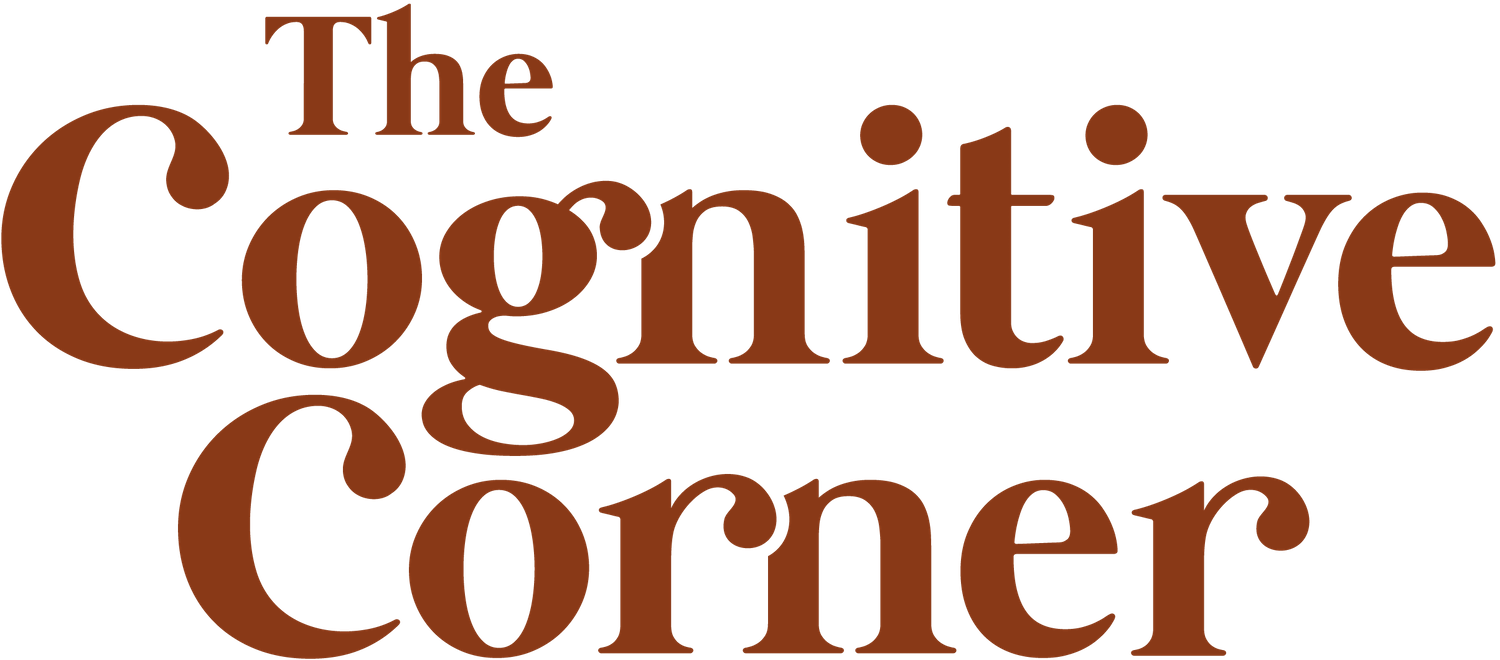DBT Therapy: Building Skills for Emotional Regulation
What is Dialectical Behavioral Therapy?
DBT is a type of cognitive therapy that helps people manage intense emotions and improve relationships. It’s based on the idea that it’s important to accept things as they are while also working to make positive changes. This approach is especially helpful if you struggle with extreme moods, self-destructive behaviors, or difficulty handling stress. DBT teaches skills like mindfulness, emotional regulation, distress tolerance, and interpersonal effectiveness. It combines practical tools to manage your emotions with strategies for creating healthy, balanced relationships. In practice, this might look like learning how to pause before reacting, practicing self-compassion, or communicating more effectively with others
What Issues Can Dialectical Behavioral Therapy Help With?
Borderline Personality Disorder (BPD)
Chronic Suicidal Thoughts and Self-Harm
Depression
Anxiety
Grief and Loss
Emotional Dysregulation
Substance Use
Body Image Issues
Low Self-Esteem and Negative Self-Beliefs
Relationship Issues
Too Long, Didn’t Read:
DBT helps manage intense emotions and improve relationships. It teaches practical skills like mindfulness, emotional regulation, and communication.
Frequently Asked Questions:
-
DBT focuses on 4 main skills:
Mindfulness: Being present and aware of your thoughts and feelings.
Distress Tolerance: Getting through difficult situations without making them worse.
Emotional Regulation: Managing and understanding your emotions in a healthier way.
Interpersonal Effectiveness: Improving communication and setting boundaries in relationships.
-
DBT is usually a long-term therapy that can last from several months to a year or more, depending on the person.
-
While both DBT and CBT help people change negative thought patterns, DBT specifically focuses on emotional regulation and building coping skills to deal with intense emotions. CBT tends to focus more on thoughts and behaviors, while DBT includes mindfulness and acceptance alongside change.
Our DBT Therapists:
-

Deanne Arada, MSW, RSW
Serving: Alberta, Ontario & Quebec
-

Ash dela Cruz Yip, MCP, RCC, CCC
Serving: Alberta, British Columbia, Saskatchewan, Manitoba, Newfoundland & Labrador, Yukon, Northwest Territories, and Nunavut
-
Mary Blansah, MSW, RSW
Servicing: Alberta & Ontario (pending)
-

Sydney Addai, Registered Provisional Psychologist
Servicing: Alberta



